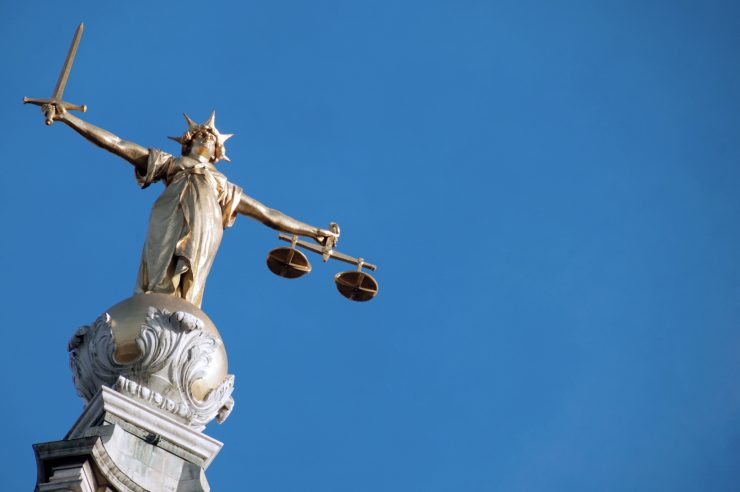The SFO has announced that in 2016 it entered into a DPA with Sarclad Ltd, a technology provider for the metals industry.
The DPA related to charges of corruption and failure to prevent bribery between June 2004 and June 2012. In August 2012, Sarclad identified issues with the way some contracts had been secured, and, following a review by its solicitors, decided to self-report. It had been Sarclad’s practice that its employees within the relevant jurisdiction would arrange with intermediaries to offer or make bribes to help get contracts. The report of their consequent investigation was delivered to the SFO in January 2013. Eventually 28 contracts were identified as “implicated” and a further 46 as “suspicious”. SFO commented it was not necessary for it to find evidence of bribes actually being paid in order for a charge to be brought.
Three individuals (who were at the relevant times its Managing Director, Sales Manager and Project Manager) were charged with conspiracy to corrupt under the Criminal Law Act 1977 and Prevention of Corruption Act 1906 for their pre-Bribery Act activities, in relation to 24 contracts. An additional charge of conspiracy to bribe was brought in relation to 2 further contracts post-Bribery Act, and a charge against the company for failing to prevent bribery related to 4 post-2011 contracts. A UK based agent was involved in 17 of the implicated contracts, relating to contracts placed in China.
SFO examined a number of contracts, which had a recurring theme of mentions of payments agreed outside the “percentage of contract value” basis, and described in ways such as “fixed”, “special” or “additional” commissions, or as contribution expenses, or even in one case “under the table cost”.
In considering whether to allow a DPA, the judge said the critical issue is the level of criminality at which it is necessary simply to allow the business to fail versus the extent to which the financial penalty could be mitigated where (as in this case) the parent company was willing to make a substantial payment. The (US) parent had acquired control in 2000 and by 2011 was rolling out a global compliance programme, as a result of which the issues were discovered. 2 of the 3 individuals charged had left the company before the bribery was discovered and the third had his employment terminated. The balance is between the public interest of allowing the company to trade against the need not to encourage criminal behaviour through a corporate vehicle which could if necessary be let fail. The judge noted that once the issues were discovered, the company immediately instructed lawyers who self-reported for it, and supplemented this with further information to SFO and two further self-reports.
The judge felt that the fact that Sarclad had not pressurised any agents to bribe, together with the prompt self-reporting and the actions taken since discovery, together with the impact on innocent employees, suppliers and the wider community, meant that the DPA route was the appropriate way forward.
Following the SFO’s own investigation, Sarclad agreed, as part of the DPA, to pay financial orders of £6.5 million and to meet certain other reporting requirements for the term of the DPA.
The DPA announcement followed the trial and acquittal of the three men in relation to charges of conspiracy to corrupt and to bribe.

